Your Guide to Addiction Treatment in Mexico

Seeking help for addiction is a courageous first step, and considering addiction treatment in Mexico opens up a world of possibilities for healing and recovery. Mexico has become a prominent destination for individuals seeking quality, affordable rehab programs in serene and supportive environments. This guide will walk you through everything you need to know, from the types of treatments available and their costs to the steps involved in starting your journey to sobriety.
Many people are drawn to rehab in Mexico due to its combination of experienced professionals, diverse therapeutic approaches, and often significantly lower costs compared to a_nd other countries. Whether you're exploring options for yourself or a loved one, understanding the landscape of addiction treatment in Mexico can empower you to make informed decisions. We'll address the critical questions people ask when considering this life-changing step.
Why Consider Mexico for Addiction Treatment?
"Mexico offers a unique combination of affordable addiction treatment, diverse therapeutic options, and beautiful, tranquil environments conducive to healing, making it an attractive option for many seeking recovery."
There are several compelling reasons why individuals choose addiction treatment in Mexico. Firstly, cost-effectiveness is a major factor. High-quality residential treatment programs in Mexico can be significantly more affordable than comparable programs in the U.S. or Europe, without compromising on the quality of care. This makes extended stays or more intensive treatments financially accessible to a wider range of people.
Secondly, many Mexican rehab centers offer a diverse range of treatment modalities, including traditional evidence-based therapies like Cognitive Behavioral Therapy (CBT) and Dialectical Behavior Therapy (DBT), alongside innovative and holistic approaches. These might include equine therapy, art therapy, yoga, meditation, and even specialized treatments like Ibogaine therapy in Mexico, which is known for its potential in interrupting addiction cycles, particularly for opioid dependence. The serene locations, often near beaches or in peaceful countryside settings, provide a calming backdrop that aids the healing process, allowing individuals to focus entirely on their recovery away from familiar triggers and stressors.
What Types of Addiction Are Treated in Mexico?
"Rehab centers in Mexico are equipped to treat a wide spectrum of addictions, including alcohol, opioids (like heroin and fentanyl), stimulants (cocaine, methamphetamine), prescription drugs, and behavioral addictions."
Mexican addiction treatment facilities cater to individuals struggling with various substance use disorders and behavioral addictions. Common addictions treated include:
- Alcohol Addiction: Comprehensive programs addressing the physical and psychological aspects of alcohol dependence.
- Opioid Addiction: Specialized detox and therapy for addictions to heroin, fentanyl, oxycodone, and other opioids. Many centers offer medically assisted detox to manage withdrawal symptoms safely.
- Stimulant Addiction: Treatment for cocaine, crack cocaine, and methamphetamine addiction, focusing on relapse prevention and cognitive therapies.
- Prescription Drug Addiction: Help for those addicted to benzodiazepines (e.g., Xanax, Valium), painkillers, and other prescription medications.
- Marijuana Addiction: Therapy and support for individuals struggling with marijuana dependence.
- Behavioral Addictions: Some centers also offer programs for gambling addiction, internet addiction, and eating disorders, often as part of a dual diagnosis treatment.
The key is to find a center that specializes in the specific addiction you or your loved one is facing to ensure the most targeted and effective care.
What Are the Common Addiction Treatment Programs Available in Mexico?
"Common addiction treatment programs in Mexico include medical detoxification, inpatient/residential rehab, outpatient programs, holistic therapies, and aftercare planning, often tailored to individual needs."
Addiction treatment in Mexico typically encompasses a continuum of care designed to support individuals through every stage of their recovery journey.
- Medical Detoxification (Detox): This is often the first step, where the body is rid of substances under medical supervision. Mexican detox centers provide a safe environment to manage withdrawal symptoms, which can be uncomfortable and sometimes dangerous. Medications may be used to ease symptoms and ensure safety.
- Inpatient/Residential Rehab: This involves living at the treatment facility for a set period, typically ranging from 30 to 90 days, or even longer if needed. Residential rehab in Mexico offers an immersive therapeutic environment with 24/7 support, individual and group therapy, educational workshops, and often holistic activities. This intensive level of care is highly effective for those with severe addictions or co-occurring mental health conditions.
- Outpatient Programs: For individuals with less severe addictions or those who have completed an inpatient program, outpatient treatment offers more flexibility. Clients attend therapy sessions several times a week while living at home or in a sober living environment. This allows them to maintain work or family commitments.
- Holistic Therapies: Many rehabs in Mexico integrate holistic practices to treat the whole person—mind, body, and spirit. These can include yoga, meditation, acupuncture, art therapy, equine therapy, and nutritional counseling.
- Aftercare Planning: A crucial component of sustained recovery, aftercare planning involves creating a strategy for life after rehab. This may include ongoing therapy, support groups (like AA or NA), sober living arrangements, and relapse prevention techniques.
How Much Does Addiction Treatment in Mexico Cost?
"The cost of addiction treatment in Mexico typically ranges from $2,500 to $30,000+ USD for a 30-day program, depending on the facility's luxury level, services offered, and program intensity. Basic or standard centers are more affordable, while luxury rehabs can be significantly more."
One of the primary reasons people choose rehab in Mexico is its affordability compared to many Western countries. However, costs can vary widely. Basic, no-frills facilities may offer programs for a few thousand dollars per month. Mid-range centers with comfortable amenities and a good range of therapies might cost between $5,000 and $15,000 per month. Luxury rehabs in Mexico, offering private rooms, gourmet food, extensive amenities like pools and spas, and highly specialized therapies, can range from $15,000 to $30,000 or even higher per month.
Here's a general breakdown of potential costs for a 30-day program:
| Type of Rehab Facility | Estimated Cost Range (30-day program) | Key Features |
|---|---|---|
| Basic/Standard Rehab | $2,500 - $7,000 USD | Shared accommodations, group therapy focused, essential amenities. |
| Mid-Range Rehab | $7,000 - $15,000 USD | Private or semi-private rooms, wider range of therapies, comfortable amenities. |
| Luxury Rehab in Mexico | $15,000 - $30,000+ USD | Private suites, gourmet meals, extensive holistic therapies, resort-like setting. |
| Specialized (e.g., Ibogaine) | $7,000 - $20,000+ USD (per treatment) | Specific medical protocols, intensive monitoring. |
It's important to inquire directly with centers about what is included in their fees (e.g., detox, therapy, meals, aftercare planning) to avoid unexpected expenses.
Are There Luxury Rehabs in Mexico?
"Yes, Mexico is home to numerous luxury rehab centers that provide high-end amenities, personalized care, and comprehensive treatment programs in beautiful, resort-like settings."
For those seeking a higher level of comfort and privacy during their recovery, luxury rehabs in Mexico offer an excellent option. These facilities often resemble upscale resorts, with private suites, gourmet chefs preparing nutritious meals, swimming pools, fitness centers, spa services, and stunning natural surroundings, such as beachfront locations or tranquil mountain retreats.
Beyond the luxurious amenities, these centers provide top-tier clinical care, often with a higher staff-to-client ratio, ensuring more individualized attention. Treatment programs in luxury rehabs in Mexico typically include a wide array of evidence-based and holistic therapies, tailored to meet the specific needs and preferences of each client. While more expensive, the enhanced comfort and comprehensive services can create a highly supportive and motivating environment for recovery.
Is Addiction Treatment in Mexico Safe and Regulated?
"While many rehab centers in Mexico offer safe and high-quality care, it's crucial to research and choose accredited facilities with qualified staff. Regulation can vary, so due diligence is essential."
The safety and quality of addiction treatment in Mexico can vary. Many reputable centers adhere to high international standards, employ licensed medical and therapeutic professionals, and may have accreditations from bodies like CARF (Commission on Accreditation of Rehabilitation Facilities) or other relevant certifications. These facilities provide excellent care in safe and supportive environments.
However, it's also true that the regulatory landscape for addiction treatment in Mexico may not be as stringent or uniformly enforced as in some other countries. There have been reports of unlicensed or poorly run centers. Therefore, it is paramount for individuals and families to thoroughly vet any potential rehab in Mexico. Look for:
- Licenses and certifications (both for the facility and individual staff members).
- Medical supervision, especially for detox.
- Transparent information about their treatment programs and philosophies.
- Testimonials and reviews from former clients (though be discerning).
- Clear communication and willingness to answer all your questions.
What Are the Success Rates for Rehab in Mexico?
"Success rates for rehab in Mexico, like anywhere, vary depending on the individual, the type of addiction, the quality of the program, and post-treatment support. Reputable centers focus on long-term recovery and relapse prevention."
Defining and measuring "success" in addiction treatment can be complex. Relapse is a common part of the recovery process for many, and a single relapse doesn't mean treatment has failed. Generally, success is viewed as achieving sustained sobriety, improved quality of life, better mental and physical health, and the ability to function productively in society.
Reputable addiction treatment centers in Mexico focus on providing clients with the tools and support needed for long-term recovery. While specific, universally verified success rate statistics for all Mexican rehabs are difficult to obtain (as is the case globally), well-established centers often track their outcomes and can provide data on program completion and long-term sobriety rates of their alumni. Focus on centers that emphasize evidence-based practices, individualized care, comprehensive aftercare planning, and relapse prevention strategies, as these are hallmarks of effective treatment.
How Do I Choose the Right Rehab Center in Mexico?
"Choosing the right rehab center in Mexico involves considering factors like accreditation, staff qualifications, treatment modalities offered, location, cost, facility amenities, and client reviews."
Selecting the appropriate rehab facility in Mexico is a critical decision. Here are key factors to consider:
- Accreditation and Licensing: Ensure the center is licensed by relevant Mexican health authorities and, if possible, holds international accreditations (e.g., CARF, JCI).
- Staff Qualifications: Inquire about the credentials and experience of the medical doctors, psychiatrists, psychologists, therapists, and support staff. Are they licensed and specialized in addiction treatment?
- Treatment Philosophy and Modalities: Does their approach resonate with you? Do they offer evidence-based therapies (CBT, DBT, motivational interviewing) and any holistic or alternative therapies you're interested in (e.g., Ibogaine, mindfulness, equine therapy)?
- Individualized Treatment Plans: Avoid one-size-fits-all programs. The center should conduct a thorough assessment and create a personalized treatment plan.
- Levels of Care: Do they offer the level of care you need, such as medical detox, residential treatment, and aftercare planning?
- Location and Environment: Consider whether you prefer a beach setting, a secluded mountain retreat, or a facility near a city. The environment should feel safe and conducive to healing.
- Cost and Insurance: Understand the full cost and what's included. While many Mexican rehabs are self-pay, some may work with international insurance providers.
- Client Reviews and Testimonials: Look for feedback from past clients, but also be mindful that reviews can be subjective.
- Family Involvement: If family therapy and involvement are important to you, check if the center offers these services.
- Aftercare Support: What kind of ongoing support is provided after leaving the residential program?
What Are the Steps to Get Addiction Treatment in Mexico?
"The steps to get addiction treatment in Mexico typically involve researching centers, initial contact and assessment, financial arrangements, travel and visa planning, admission, undergoing treatment, and post-treatment aftercare."
Once you've decided to pursue addiction treatment in Mexico, the process generally follows these steps:
- Research and Shortlist Centers: Identify potential rehab facilities in Mexico based on your needs, preferences, and the factors mentioned above.
- Initial Contact and Pre-Assessment: Reach out to your shortlisted centers. Most have websites with contact forms or phone numbers. You'll likely speak with an admissions coordinator who will ask preliminary questions about the addiction history, mental and physical health, and treatment goals. This helps them determine if their program is a good fit.
- Detailed Assessment: A more thorough assessment will usually follow, which might involve phone or video interviews with clinical staff. This helps in crafting a preliminary treatment plan.
- Financial Arrangements: Discuss costs, payment options, and what's included in the program fees. Secure funding for the treatment.
- Travel and Visa Requirements: Plan your travel to Mexico. For citizens of many countries (including the US and Canada), a tourist visa (FMM - Forma Migratoria Múltiple), usually obtained upon arrival or online, is sufficient for stays typically up to 180 days. Confirm current requirements. The rehab center may assist with travel logistics from the airport.
- Admission: Upon arrival at the center, you'll go through the formal admission process, which includes paperwork, a final assessment, and settling into the facility.
- Treatment Program: Engage fully in the prescribed treatment program, including detox (if needed), therapy sessions, group activities, and other therapeutic modalities.
- Aftercare Planning and Discharge: Towards the end of your program, staff will work with you to develop a comprehensive aftercare plan to support your continued recovery once you leave the center.
Do Mexican Rehab Centers Offer Dual Diagnosis Treatment?
"Yes, many reputable rehab centers in Mexico offer dual diagnosis treatment, addressing co-occurring substance use disorders and mental health conditions like depression, anxiety, or PTSD simultaneously."
Dual diagnosis, also known as co-occurring disorders, refers to a situation where an individual struggles with both a substance use disorder and a mental health condition (e.g., depression, anxiety, bipolar disorder, PTSD). It's crucial to treat both conditions simultaneously for effective recovery, as they often influence and exacerbate each other.
Many leading addiction treatment centers in Mexico recognize the prevalence of dual diagnosis and have specialized programs and qualified staff (including psychiatrists and psychologists) to provide integrated care. This approach involves therapies and, if necessary, medication management for both the addiction and the mental health disorder, leading to better outcomes and a more stable, long-term recovery. When researching centers, specifically ask about their experience and approach to dual diagnosis treatment if this is relevant to your situation.
What Holistic Therapies Are Offered in Mexican Rehabs?
"Mexican rehabs often incorporate a variety of holistic therapies such as yoga, meditation, acupuncture, art therapy, equine-assisted therapy, and nutritional counseling to support overall well-being during recovery."
Holistic therapies are a significant draw for many seeking addiction treatment in Mexico. These therapies focus on healing the whole person – mind, body, and spirit – rather than just the symptoms of addiction. They complement traditional evidence-based treatments and can greatly enhance the recovery experience.
Common holistic therapies found in rehab centers in Mexico include:
- Yoga and Meditation: To reduce stress, improve mindfulness, and promote physical well-being.
- Acupuncture and Massage: To alleviate physical discomfort, reduce cravings, and promote relaxation.
- Art and Music Therapy: To provide creative outlets for expression and emotional processing.
- Equine-Assisted Therapy: Involves interacting with horses to build trust, communication skills, and self-awareness.
- Nutritional Counseling: To restore physical health and learn about the importance of a balanced diet in recovery.
- Mindfulness-Based Stress Reduction (MBSR): Techniques to manage stress and cultivate present-moment awareness.
- Breathwork and Sound Healing: Practices to calm the nervous system and promote emotional release.
These therapies can help individuals connect with themselves on a deeper level, develop healthy coping mechanisms, and find joy and meaning in sobriety.
Can Family Be Involved in the Treatment Process in Mexico?
"Many addiction treatment centers in Mexico encourage family involvement through family therapy sessions, educational programs, and visitation, recognizing the crucial role family support plays in recovery."
Family involvement is widely recognized as a vital component of successful and lasting addiction recovery. Many rehab facilities in Mexico offer programs designed to include family members in the healing process. This can take various forms:
- Family Therapy Sessions: These sessions, often conducted via video call if family members cannot travel, help address dysfunctional family dynamics, improve communication, and allow family members to understand addiction better.
- Family Education Programs: Workshops and informational sessions designed to educate families about the nature of addiction, the recovery process, and how they can best support their loved one.
- Visitation: Most centers have policies for family visits, allowing loved ones to connect and offer support in person at appropriate times during the treatment program.
- Support for Families: Some centers offer counseling or support groups specifically for family members, helping them cope with the challenges of a loved one's addiction.
Involving family helps rebuild trust, fosters a supportive home environment for when the individual returns, and increases the chances of sustained recovery.
What About Language Barriers in Mexican Rehab Centers?
"While Spanish is the primary language, many addiction treatment centers in Mexico, especially those catering to international clients, have bilingual staff (Spanish/English) and offer programs conducted in English."
For English speakers considering rehab in Mexico, the language barrier is a valid concern. However, a significant number of Mexican rehab facilities, particularly those that attract international clientele (including luxury and specialized centers), have bilingual staff members, including therapists, doctors, and support personnel, who are fluent in both English and Spanish.
Treatment programs, including individual therapy, group sessions, and educational materials, are often offered entirely in English. It's essential to confirm this directly with the center during your initial inquiries. Ask specifically about the language proficiency of the clinical team who will be directly involved in your care. Choosing a center where you can communicate comfortably and clearly is crucial for effective treatment.
How Long Does Rehab in Mexico Typically Last?
"The duration of rehab in Mexico typically ranges from 30 to 90 days for inpatient programs, but can be shorter for detox-only or longer for complex cases or extended care needs."
The length of stay in an addiction treatment program in Mexico varies depending on several factors:
- Severity of addiction: More severe or long-standing addictions often require longer treatment.
- Type of substance: Withdrawal and treatment protocols differ for various substances.
- Presence of co-occurring disorders: Dual diagnosis cases may benefit from extended care.
- Individual progress: Treatment is often tailored, and lengths can be adjusted based on how an individual responds.
- Program structure: Some centers have fixed-length programs (e.g., 30, 60, or 90 days), while others are more flexible.
Generally:
- Detoxification: 5 to 14 days.
- Short-term Residential Rehab: 28 to 30 days.
- Long-term Residential Rehab: 60 to 90 days, or even 6 months to a year for some therapeutic communities or extended care programs.
It's best to discuss the recommended duration with the clinical team at the chosen center after a thorough assessment.
What Should I Pack for Rehab in Mexico?
"When packing for rehab in Mexico, include comfortable clothing suitable for the local climate, toiletries, identification, any prescribed medications, and a list of important contacts. Check with the center for specific guidelines."
Most rehab centers in Mexico will provide a suggested packing list. Generally, you should pack:
- Comfortable Clothing: Lightweight clothing suitable for the climate (which can vary by region in Mexico). Include casual wear, workout clothes if fitness facilities are available, and perhaps something slightly more presentable for certain occasions or family visits. Avoid clothing with drug or alcohol-related logos.
- Personal Toiletries: Toothbrush, toothpaste, shampoo, soap, deodorant, etc. (Check if any items are restricted, e.g., alcohol-based mouthwash).
- Identification and Important Documents: Passport/ID, insurance information (if applicable), a list of emergency contacts, and any necessary travel documents.
- Prescribed Medications: Bring enough of any current prescription medications (in their original packaging with prescription details) to last your stay, or arrange for refills. Inform the center about all medications beforehand.
- Personal Comfort Items (check if allowed): Books, a journal, photos of loved ones. Most centers restrict electronic devices like cell phones and laptops, or have specific policies regarding their use.
- Modest Swimsuit: If the facility has a pool or is near a beach.
- Sunscreen and Hat: Especially for coastal or sunny locations.
Always clarify with the specific rehab facility in Mexico about their allowed and prohibited items before you pack.
Are There Aftercare Support Options Available From Mexican Rehabs?
"Yes, reputable Mexican rehabs typically offer robust aftercare support options, which may include ongoing counseling (online or local referrals), alumni programs, sober living recommendations, and relapse prevention planning."
Aftercare support is a critical component of long-term recovery, and good addiction treatment centers in Mexico prioritize this. Leaving the structured environment of rehab and returning to daily life can be challenging, and ongoing support helps individuals navigate these challenges and maintain sobriety.
Aftercare options provided or facilitated by rehabs in Mexico can include:
- Relapse Prevention Planning: Developing a detailed plan to identify triggers and coping strategies.
- Ongoing Counseling/Therapy: This may involve remote sessions with therapists from the center or referrals to therapists and support groups in the individual's home community.
- Alumni Programs: Connecting with others who have completed the program can provide a strong support network through meetings, online forums, or events.
- Sober Living Arrangements: Recommendations for or connections to sober living homes, which offer a supportive, substance-free environment for those transitioning out of residential treatment.
- Support Group Integration: Encouragement and assistance in joining 12-step programs (like AA or NA) or other peer support groups.
- Check-in Calls: Some centers provide follow-up calls to check on the individual's progress.
Inquire about the specifics of a center's aftercare program when making your decision, as this ongoing support is key to sustained recovery.
Is it Confidential to Get Addiction Treatment in Mexico?
"Yes, reputable addiction treatment centers in Mexico adhere to strict confidentiality policies to protect patient privacy, similar to healthcare standards in other countries."
Confidentiality is a cornerstone of effective addiction treatment. Individuals seeking help must feel safe and secure in the knowledge that their personal information and their participation in treatment will be kept private. Rehab facilities in Mexico that cater to an international clientele understand the importance of patient privacy and generally follow strict confidentiality protocols.
These protocols typically ensure that:
- Your identity and presence at the facility are kept confidential.
- Your personal and medical information is protected and not shared without your explicit consent, except in legally mandated situations (e.g., if there is an immediate danger to yourself or others).
- Communication with family or employers only occurs with your permission.
Before committing to a center, you can ask about their specific privacy policies and how they safeguard patient information. Choosing an accredited and professional rehab in Mexico will help ensure your confidentiality is respected.
Ready to explore your options for addiction treatment? PlacidWay can help you connect with reputable addiction treatment centers in Mexico and other healthcare services worldwide. Discover personalized solutions for your journey to recovery.


.png)
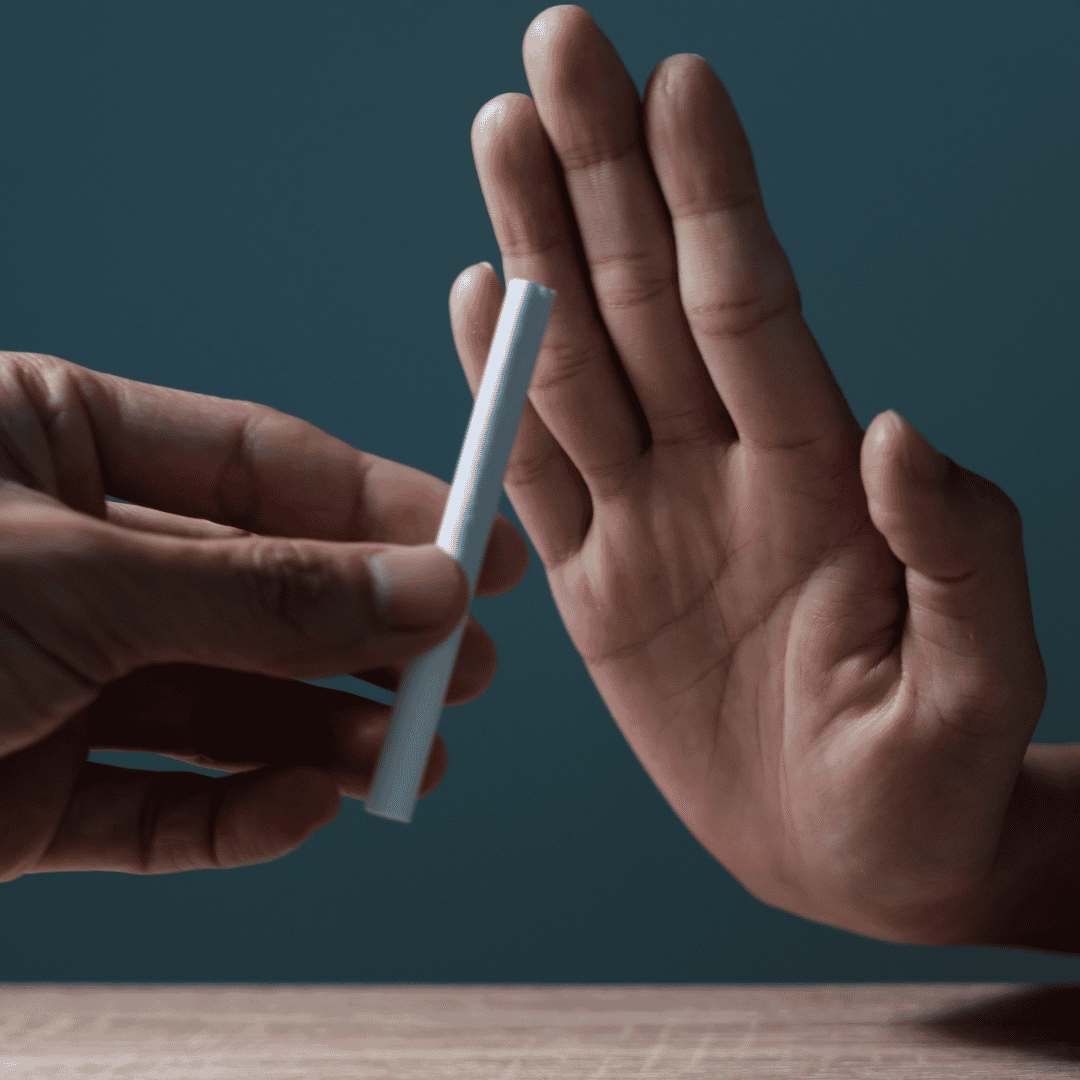


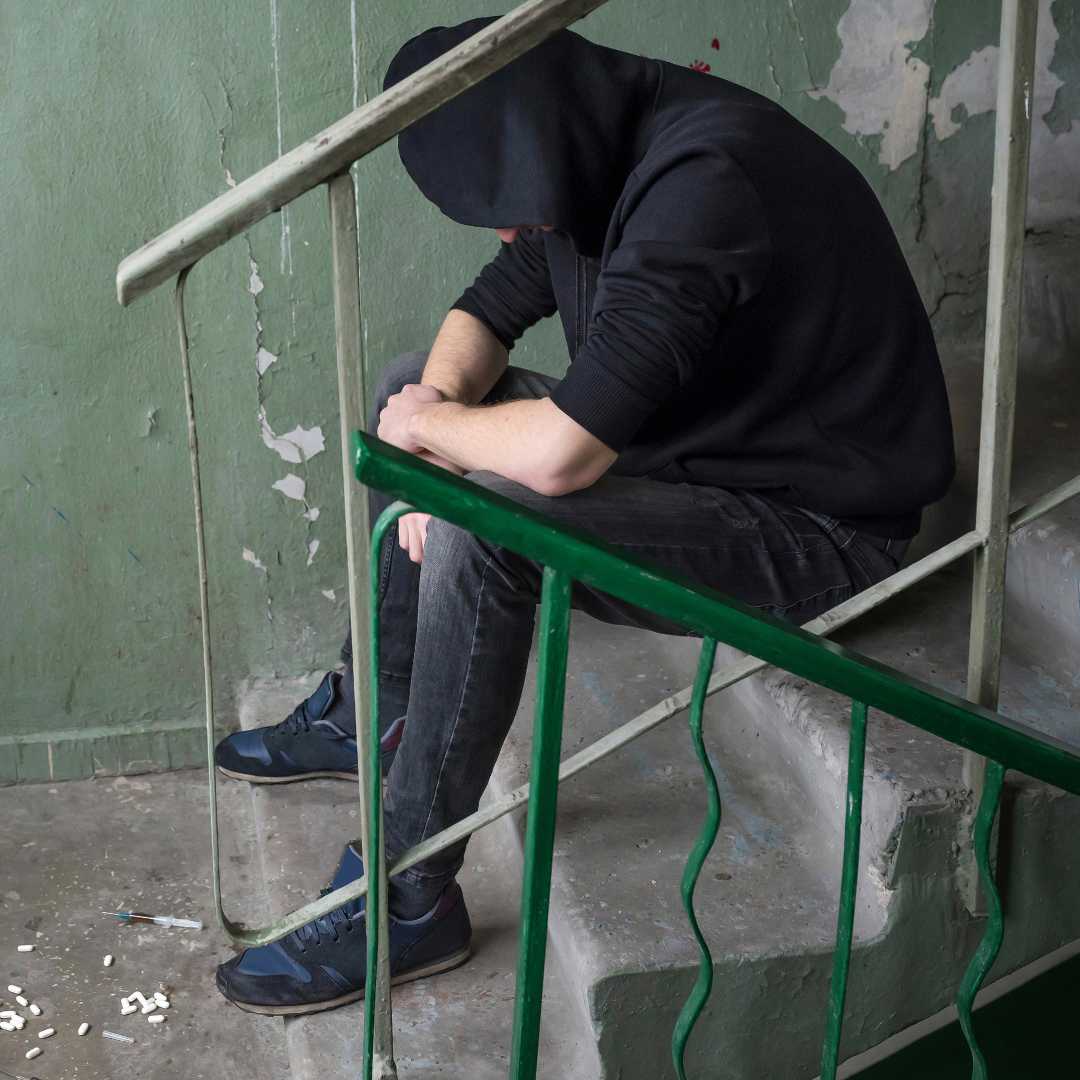
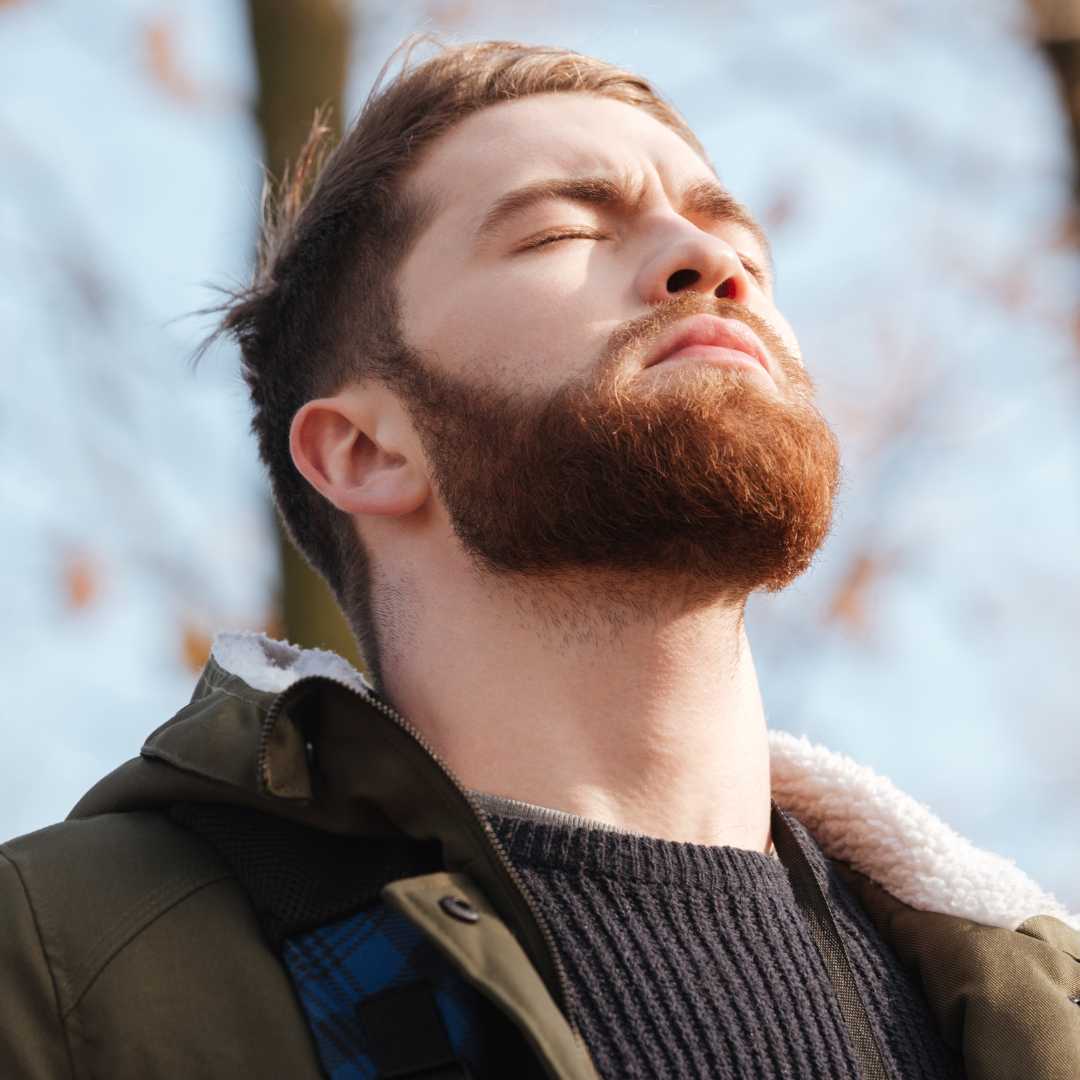
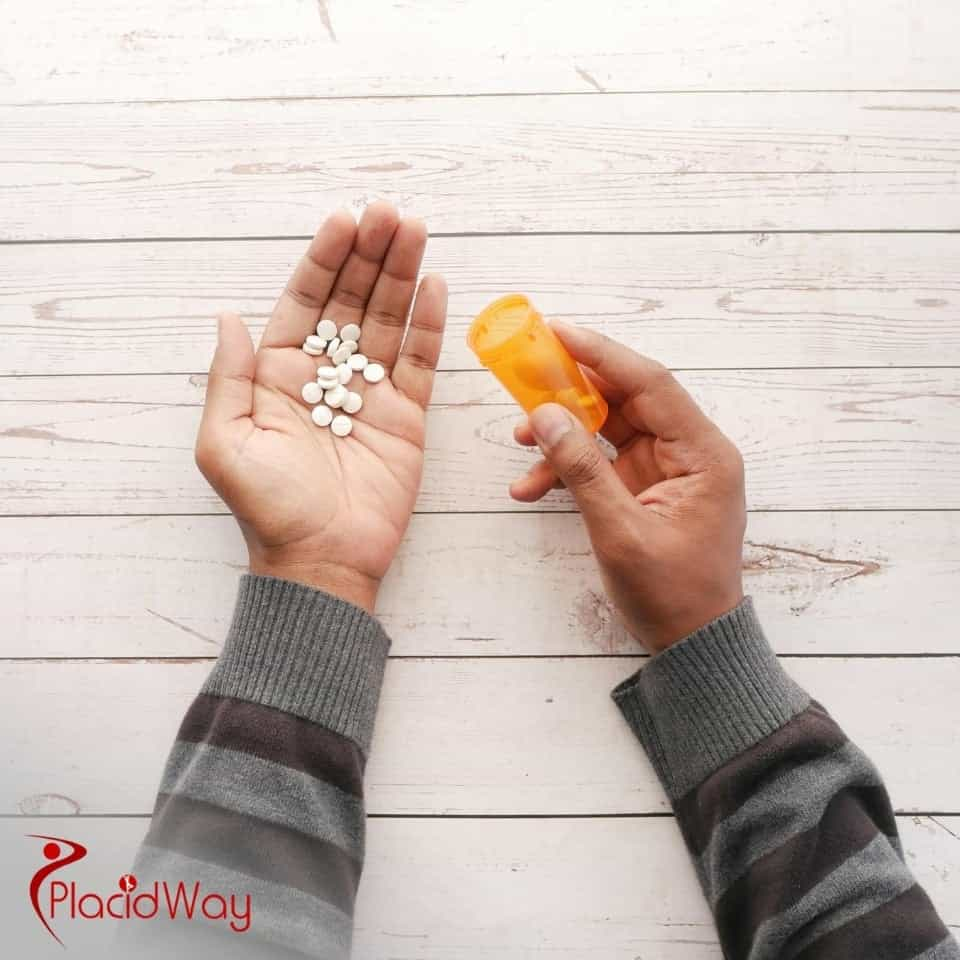
.png)
.png)

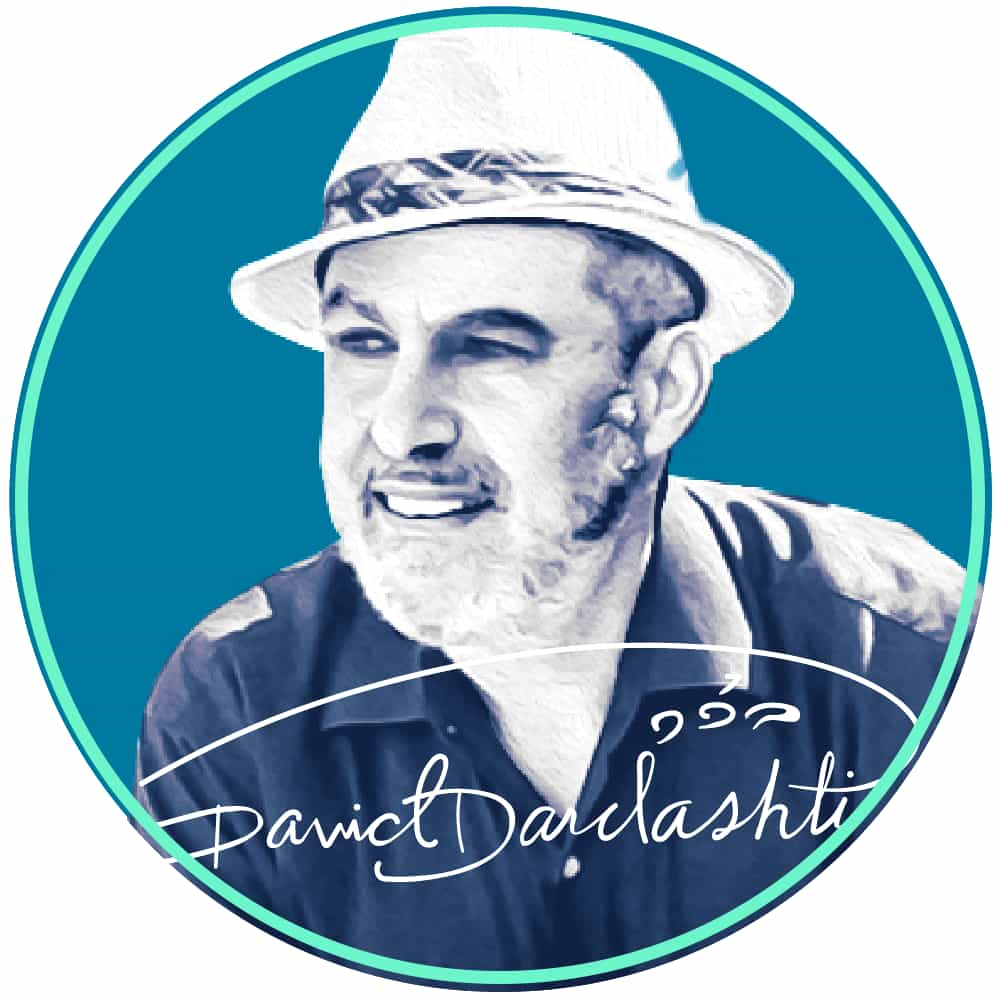
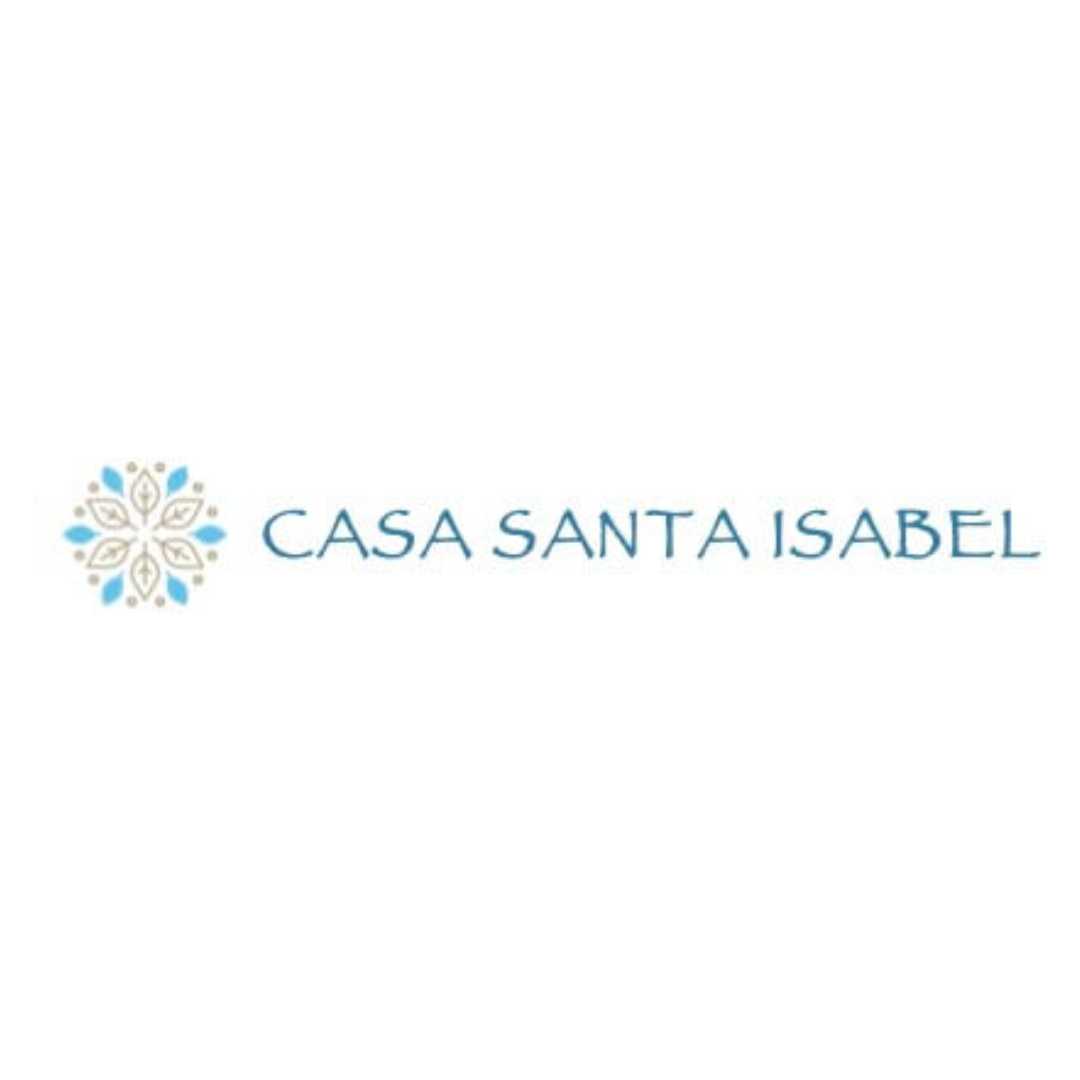
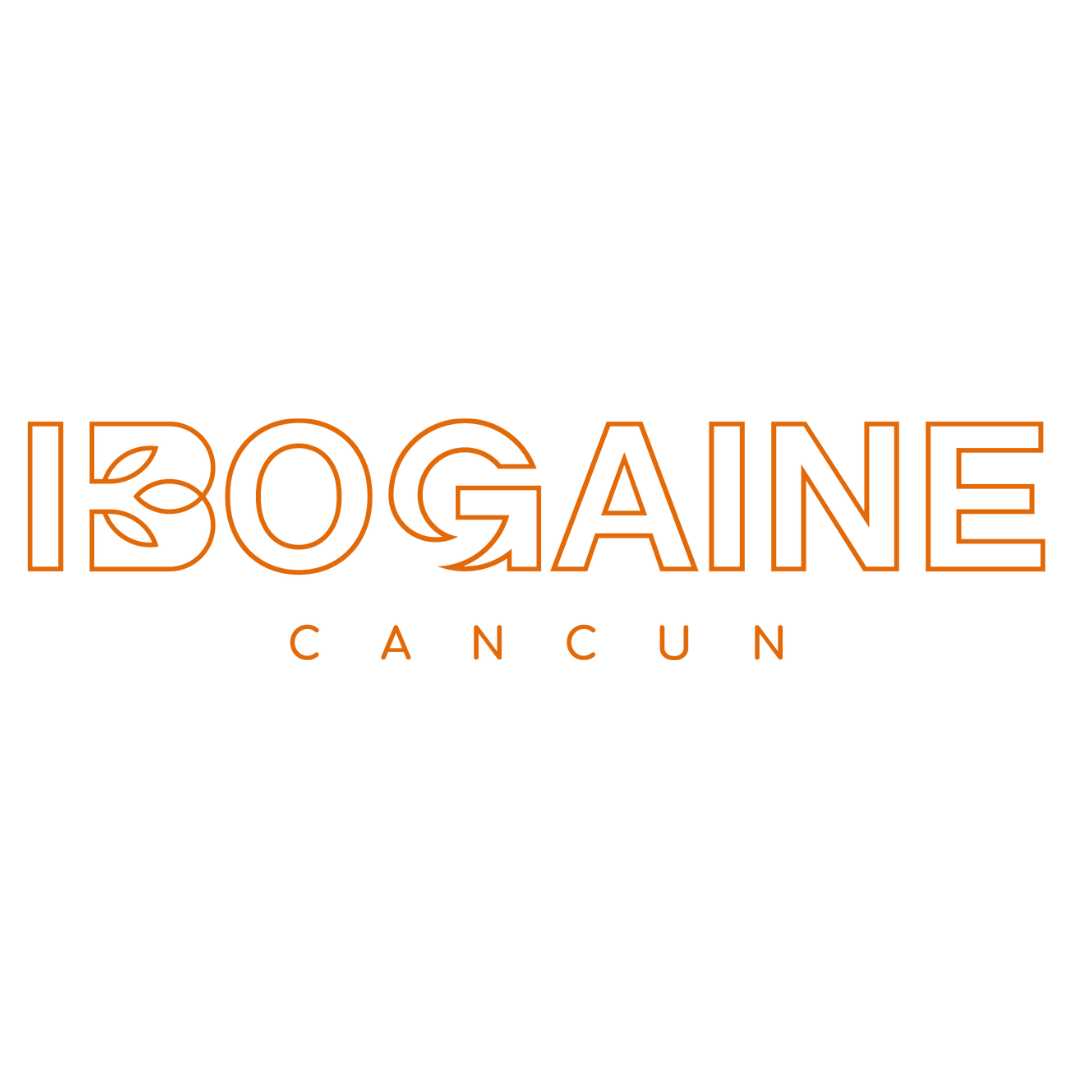
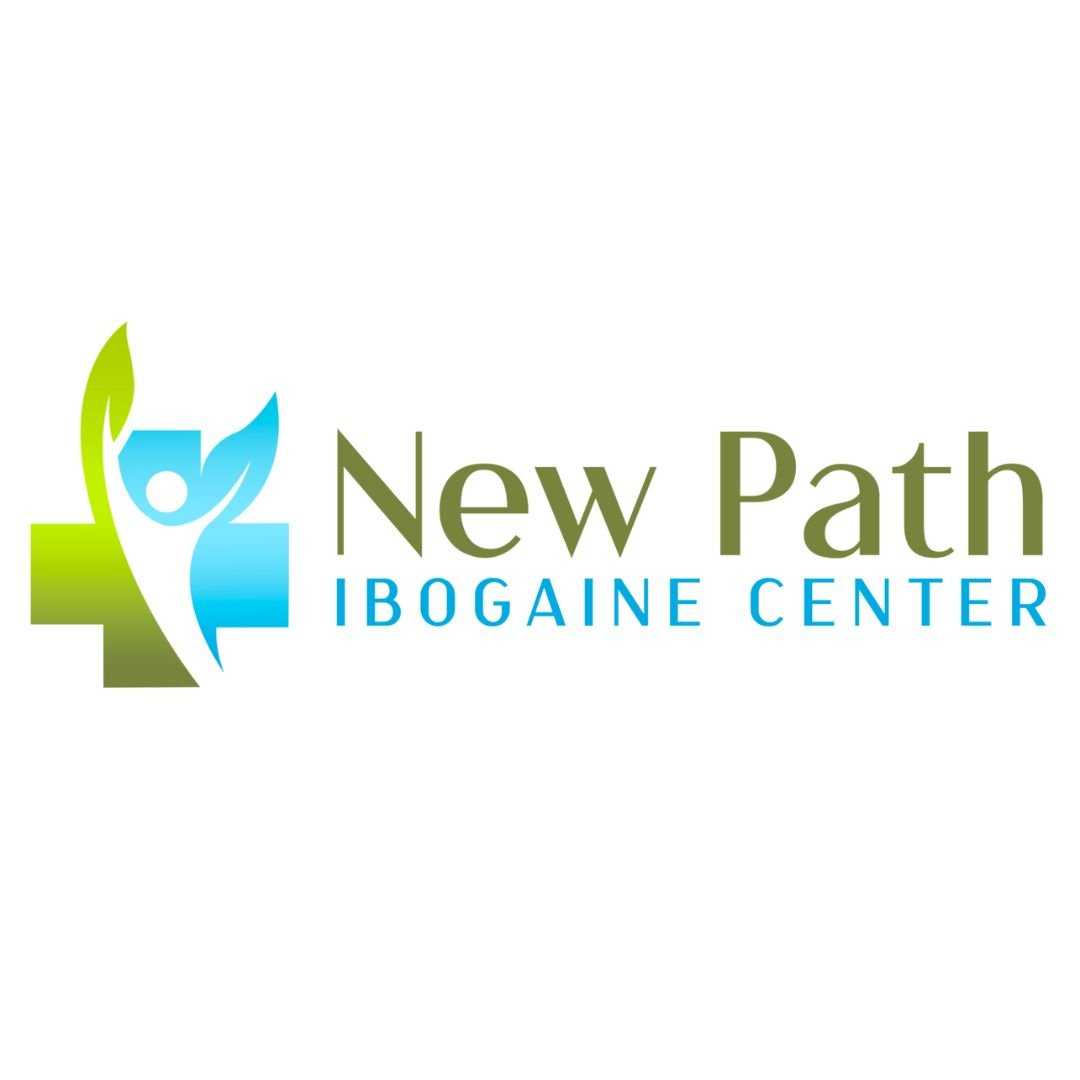

Share this listing